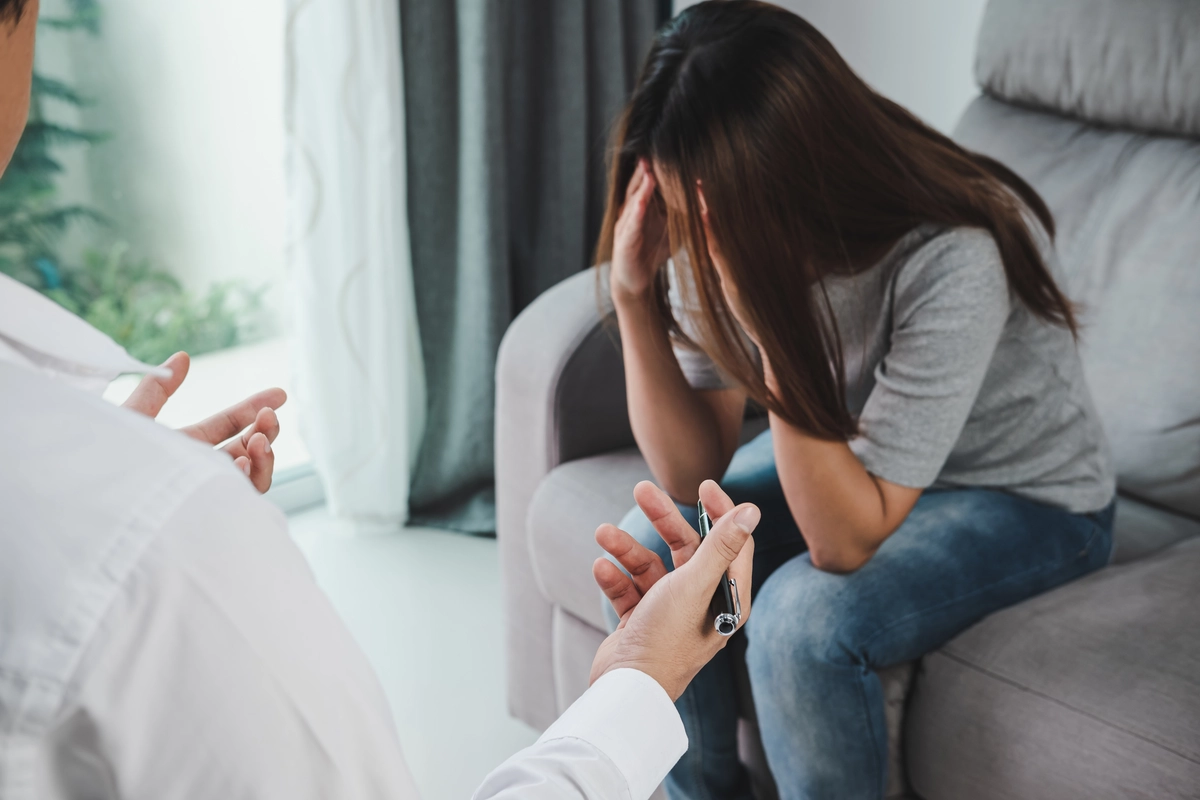24/7 Helpline:
(866) 899-221924/7 Helpline:
(866) 899-2219
Learn more about PTSD Treatment centers in Groveton
PTSD Treatment in Other Cities

Other Insurance Options

BlueShield

Amerigroup

UMR

BlueCross

Multiplan

Meritain

Aetna

Magellan Health

Providence

Health Choice

Oxford

United Health Care

WellCare Health Plans

Sutter

UnitedHealth Group

Horizon Healthcare Service

Kaiser Permanente

Carleon

Group Health Incorporated
Beacon


























































